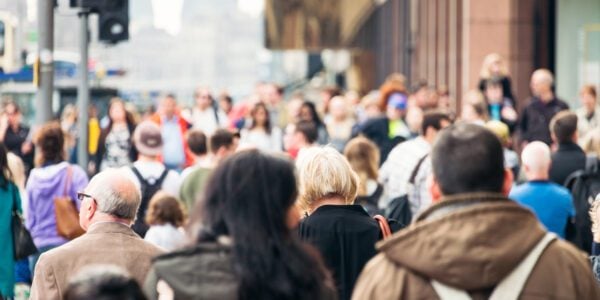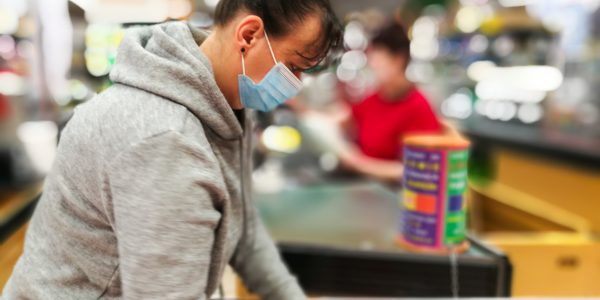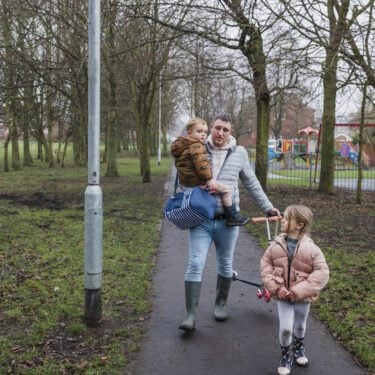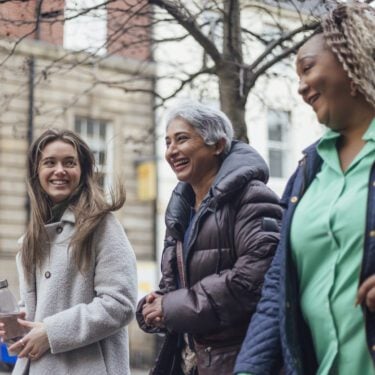
12/12/11
3 min read
Support for independence in Scotland has recovered to levels not seen since the SNP first came to power in 2007, according to latest results from ScotCen Social Research’s Scottish Social Attitudes Survey (SSA).
However, while there is widespread support for a more powerful Scottish Parliament, the Scottish public remains divided about the likely economic consequences of independence – views that will be key to the outcome of the independence referendum.
These are two of the key new findings from the Scottish Social Attitudes (SSA) survey, being presented at a seminar in Edinburgh today and based on research funded by the Nuffield Foundation.
A third (32%) now say they are in favour of independence, up nine points on last year’s survey (23%), and the highest figure to be recorded by SSA since 2005, when it stood at 35%.
Meanwhile, 43% say the Scottish Parliament should make ‘all the decisions for Scotland’, up 15 percentage points on last year, while 29% say Holyrood should decide everything apart from defence and foreign affairs, a position sometimes described as ‘devolution max’.
Only 21% now say that responsibility for taxes and welfare benefits, along with as defence and foreign affairs, should lie with the UK Government – that is the position under the current devolution settlement.
Despite this apparent appetite for a more powerful Holyrood, many Scots are worried about the prospect of independence, not least because of concerns about its possible economic consequences.
Only 34% believe Scotland’s economy would be better under independence. Almost as many, 29%, think it would be worse. And no less than 85% of those who think the economy would be worse are worried about independence.
Even amongst Scots as a whole, almost half (46%) are worried about independence. Only 31% feel confident about it.
The importance of the economic debate about independence is confirmed by further evidence in the survey. Around two thirds (65%) say they would be in favour of independence if they thought that it would mean everyone would be £500 a year better off – but only 21% would support it if it meant people were £500 a year worse off.
John Curtice, Research Consultant for ScotCen Social Research said, ‘The appetite for a more powerful parliament, including independence, has grown in the last twelve months. However support for independence is still no higher than it has been on previous occasions since the advent of devolution. If the SNP are to persuade a majority of Scots to back independence they will need to convince them of the economic case for leaving the Union – and that is a debate that is still to be won or lost.’
For further information, contact:
Anne Summers: 020 7549 9565 or anne.summers@natcen.ac.uk
Notes to editors
1. Full results from the questions discussed here are being presented on 5 December at a seminar held in collaboration with the Institute of Governance at Edinburgh University. Further details can be found at http://www.institute-of-governance.org/. Full tables with results from all the questions included in this press release are available from Rachel Ormston or John Curtice on request.
2. At ScotCen Social Research we believe that social research has the power to make life better. By really understanding the complexity of people’s lives and what they think about the issues that affect them, we give the public a powerful and influential role in shaping decisions and services that can make a difference to everyone. And as an independent, not for profit organisation we are able to focus our time and energy on meeting our clients’ needs and delivering social research that works for society.
3. The Scottish Social Attitudes survey aims to produce high quality survey data to inform both public policy and academic study. Further details about ScotCen Social Research and the Scottish Social Attitudes survey are available at www.scotcen.org.uk
4. The Scottish Social Attitudes Survey interviewed a probability sample of 1,197 adults faced to face between June and September 2011. Data have been weighted to reflect known patterns of non-response and the age and gender profile of the adult population in Scotland.
5. Funding for the results reported here was provided by the Nuffield Foundation.

















































